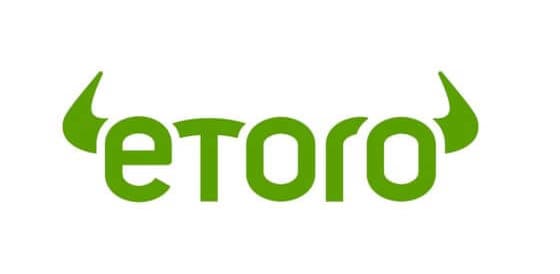SEC Probes Coinbase Over Unregistered Securities Offering
Please note that we are not authorised to provide any investment advice. The content on this page is for information purposes only.
The issues between cryptocurrency exchange Coinbase and the Securities and Exchange Commission (SEC) appear to have taken a turn for the worse as the SEC ramps up its investigation into the company.
According to reports earlier this week, the SEC is now looking into possible securities law violations from Coinbase in relation to assets it regards as securities.
Insider Trading Case Metamorphoses
The fresh concerns stemmed from a report from Bloomberg earlier this week that confirmed the SEC’s investigations into Coinbase and its possible illegal dealings. Citing people familiar with the situation, Bloomberg explained that the agency is particularly looking at whether Coinbase broke the law by allowing American citizens to trade “unregistered securities”.
The investigation into Coinbase is emerging about a week after the U.S. Attorney’s Office for the Southern District of New York announced an indictment of Ishan Wahi – a former Global Product Manager at the broker – for engaging in insider trading activities. Wahi allegedly invested in assets that were about to be listed on Coinbase. Ishan Wahi, his brother Nikhil, and their business associate Sameer Ramani were accused of profiting over $1.1 million by buying several assets just before Coinbase added them to its coin catalogue.
As the U.S. Attorney’s Office claimed at the time, Wahi had gained prior knowledge of the listings of several coins – including Tribe (TRIBE), XYO, Alchemix (ALCX), Gala (GALA), Ethereum Name Service (ENS) and Powerledger (POWR). Wahi allegedly shared the information with his co-conspirators, enjoying sweet gains from the “Coinbase Effect.” After the men were indicted, Coinbase committed to improving its listing process to avoid a repeat.
In a blog post, the crypto exchange confirmed that while it was possible for company employees to gain first-hand knowledge of incoming coins, they would now prevent access to on-chain data and restrict employees from trading on other platforms. This will allow Coinbase to look out for prohibited trading activities, like trading cryptocurrencies on material non-public information (such as the timing of the listing of a new asset).
SEC’s Murky Crypto Classification in the Spotlight
On the same day that Wahi and his co-conspirators were indicted, the SEC released a document charging the men with securities fraud. At the time, the agency claimed that 9 of the 25 cryptocurrencies that Wahi, his brother, and their associate traded were securities.
In its indictment, the SEC claimed that the three men had violated the securities laws’ antifraud provisions. The agency named assets such as Amp (AM), Kromatika (KROM), DerivaDAO (DDX), DFX Finance (DFX), Rally (RLY), and Rari Governance Token (RGT) as securities, claiming that Wahi and his partners were liable for civil penalties and other punishments for their crimes.
The SEC failed to mention Coinbase in its indictment. However, it seems that the agency is now looking to bring the broker into the case by establishing the classification of these assets as securities.
Among the 9 coins in question, 7 currently trade on Coinbase. As the SEC believes, the exchange has also violated securities laws by providing these unregistered coins – which it terms securities – to local investors.
Interestingly, this isn’t the first time that the SEC would attempt to investigate Coinbase and Coinbase alternatives for offering “unregistered securities”. Speaking at a conference organised by the Aspen institute last year, agency chief Gary Gensler explained that the crypto market is currently filled with several assets that are fit to be classified as securities that need to be regulated.
The policymaker made similar remarks at a hearing convened by the Senate Banking Committee in September 2021, pointing out that Coinbase had been offering “dozens of tokens that might be securities” despite not having a license to operate as a stock exchange.
At the heart of Coinbase’s argument remains the parameters that the SEC uses to judge whether an asset is a security and whether the broader crypto market has accepted these rules. The SEC is currently in the midst of an 18-month-long case against Ripple Labs, in which it has accused the company and its management of offering unregistered security in its 2013 Initial Public Offering (IPO) of the XRP token.
While the SEC uses its Howey Test to determine if an asset is a security, the fact that cryptocurrencies don’t have any classification under the agency’s rules means that it would be impossible for it to deliver a clear judgment. Now, the responsibility falls on Coinbase to clear its name.
Buy Crypto at eToro from just $50 Now!





